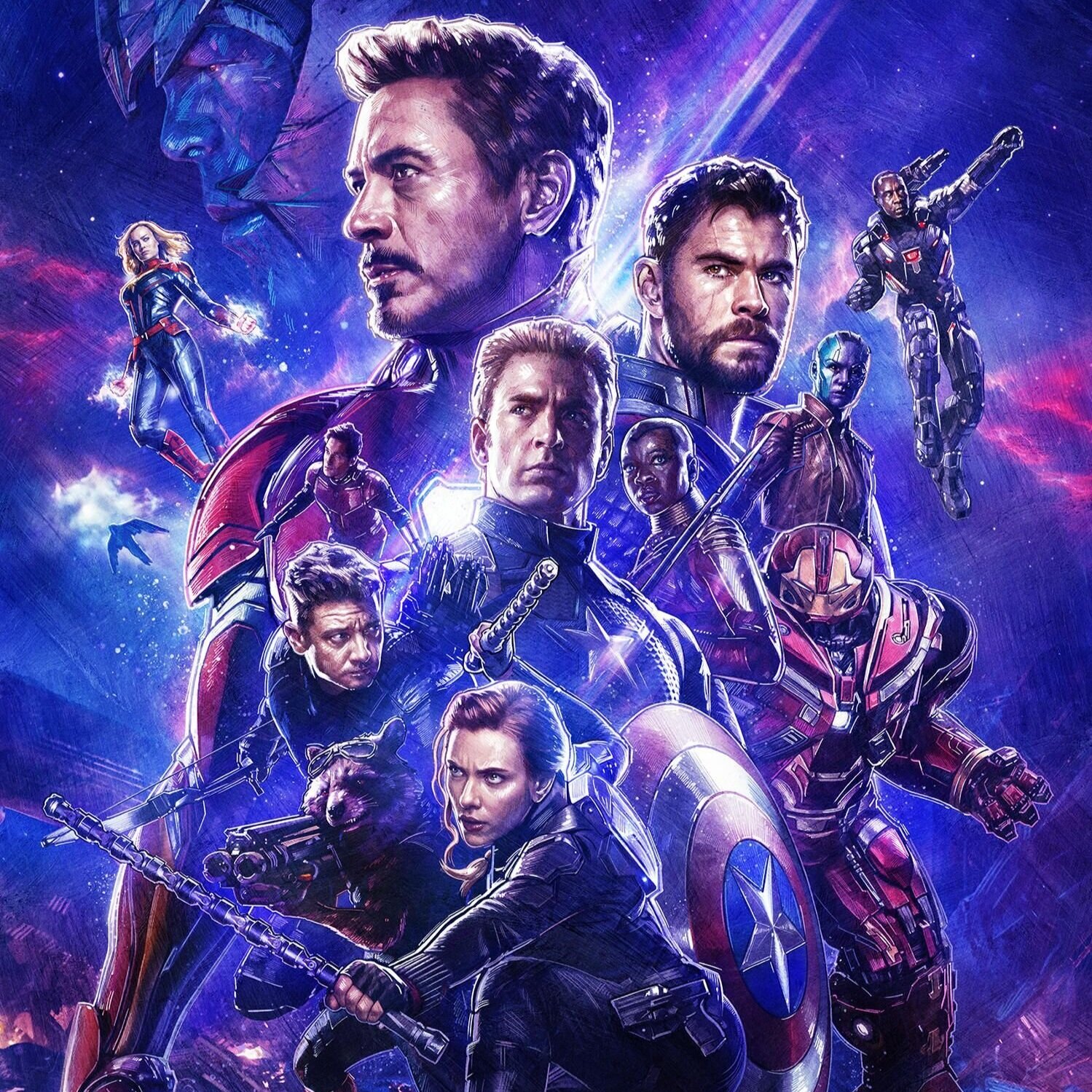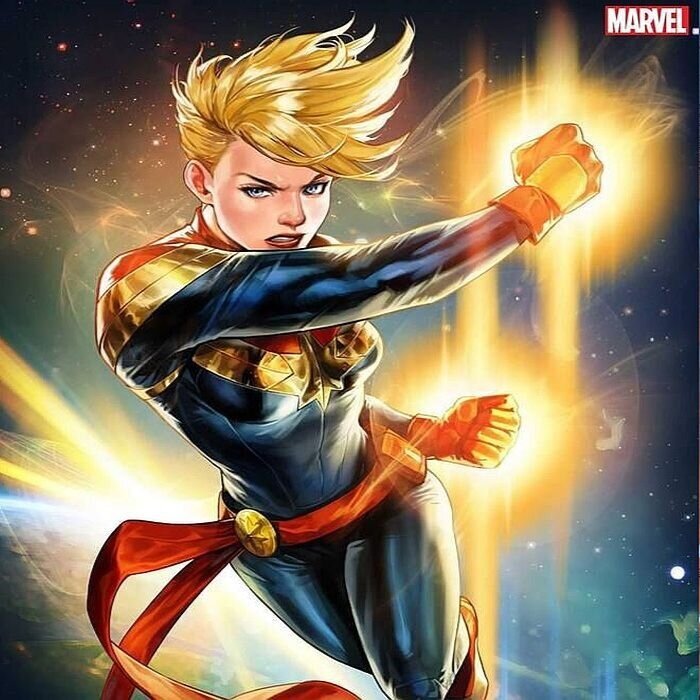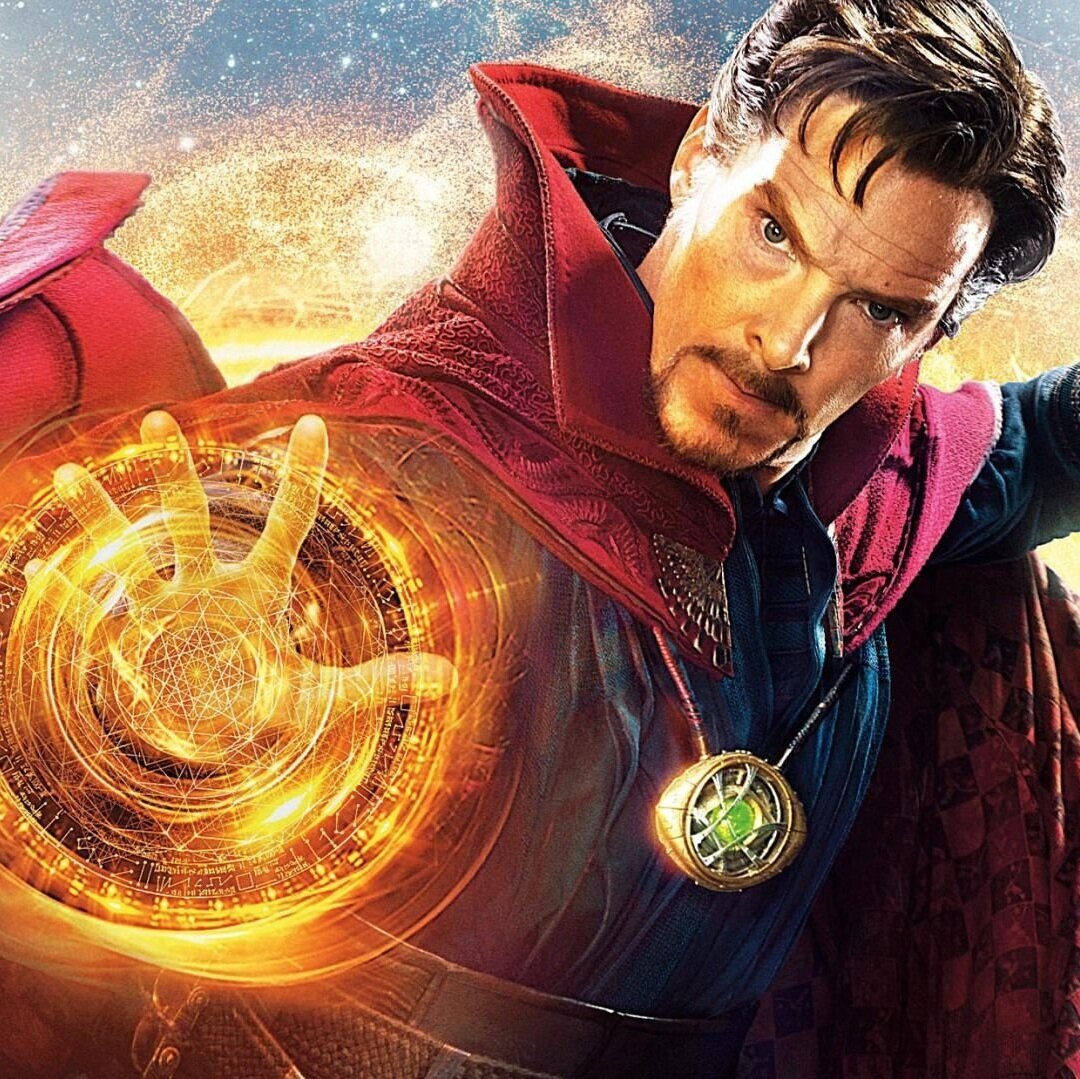Is Warner Bros. All In? Justice League Roundtable
Introduction
Burdened by a change in directors, studio mandates, and pressure to continue Warner Bros.‘ win streak, Justice League slid into theaters this weekend. Warner Bros. and DC Films hoped that the culmination of their cinematic universe--the union of American culture’s oldest heroes--might draw a favorable box office and critical reception comparable to the billion-dollar Avengers films. At the moment, various industry analysts assume that Justice League will have limited financial success based on domestic and international returns since its Thursday release. Undoubtedly, Warner Bros.’ errors and the film’s reception by critics has contributed to that mixed success.
In light of this situation, Staci and Red will give our own takes on Justice League.
Did anything surprise you going into the movie? Did the film meet your expectations going into the theater?
Red:
Some of the gags in the film absolutely shook me. In fact, my jaw dropped when sweet Martha Kent called Lois Lane the “thirstiest woman in the world.” Confused, I thought I had misheard the line. The previous Snyder films have sparingly layered jokes. But comedy was frequent in Justice League. I wanted and expected more jokes than before, but I got the same feeling that I get in some Marvel movies: that there were too many jokes. Successful or not, DC films tend to aim for drama over comedy, and Justice League reactionarily bucked that trend in light of critical reception to previous films.
Staci:
I was afraid Batman and Superman would be forced on us, overshadowing Aquaman and other newcomers. The purpose of the film was to explore how the new characters would interact with the well-established DC heroes. I think Justice League did that pretty well. Batman was the leader of the team, sure, but it was obvious that Wonder Woman was the true binding force. Cyborg essentially did all the work and probably also had the most impressive arc. In the beginning, he despised his existence and couldn't understand why his father kept him alive. By the end, when Superman joked that he didn't want to die again, Cyborg surprisingly replied the same. I only wish that we saw Aquaman before his interaction with Bruce, to get a better understanding of who he is and why we should root for him. Aside from his amazing physique, of course, which they gifted the audience with very early in the film.
What were the strongest parts of Justice League? How did the film hold up compared to recent DC films?
Red:
The strongest parts of Justice League are a series of moments which demonstrate the unevenness of the film. The actors sustain a level of quality to make the film an enjoyable, fun time at the theater, despite the film’s flaws.
The Amazons’ use of arrows to protect the Mother Box from Steppenwolf was full of tension and desperation. I loved when the entire tribe swarmed him with their horses. Other epic moments included Batman’s super comic book-y fight at the Gotham water tower at the start of the film and Superman’s standoff against the League. The moment that Flash realized Superman could see him travel through the Speed Force was epic. Though, Supes easily overwhelming Wonder Woman was a disappointment that seemed out of continuity based on her powers from her own film.
Staci:
The beginning was exciting, the ending was pleasing, but the middle lacked interactions between the characters outside of fighting. The scenes at Themyscira were so fun and enjoyable, as we all love seeing the strong Amazonian women battling it out against powerful villains. But didn't we already see that in Wonder Woman? After these few moments, the rest of the movie felt like a constant sequence of the League fighting against Steppenwolf. They fought him again, and again, and again. The ending was much more powerful than I initially thought. We left the theater with Victor Stone coming to terms with his new life, and Steppenwolf showing fear when he realized he was probably going to lose.
Also, Superman's revival was awesome. It was a great example of the team working together to do something frightening but necessary. Yet, Superman was pretty much ready to battle after hanging out with Lois in the countryside for, what, a day or two? This is pretty unreasonable. It would have been much more interesting to see him reject being a hero and have the team defeat Steppenwolf without him, proving their individual heroic capabilities.
Do you think Steppenwolf was a credible villain?
Red:
Ever since the death of the incredible Heath Ledger, audiences have searched for a supervillain that can hold a candle to the Nolan Brothers’ Joker. Consistently, DC and Marvel have failed us. Steppenwolf is a decent, but generic comic book villain.
In my view, a longer runtime would have established Steppenwolf as a credible threat and a real person. However, Warner Bros.’ President Kevin Tsujihara mandated that the film’s runtime not exceed 2 hours, which shortchanged character development for Steppenwolf, Cyborg and Aquaman. This film needed another 15 minutes for better pacing, character development, and a more satisfying final battle. Even worse, too much of the two hours set up the cinematic universe. The underwater scene was a backdoor pilot for Aquaman in subpar CG; it included confusing exposition for anyone who doesn’t spend their Wednesdays in comic shops.
Without the 2 hour mandate, Steppenwolf’s motivation for stealing the Mother Boxes could have been fascinating, if fleshed out. In case you missed it in your DC Bibles, Steppenwolf is an alien in exile from the planet Apokolips. His uncle, the tyrant Darkseid, banished him long ago, and Steppenwolf thinks he can gloriously return home if he first conquers Earth. In a way, his mission is tragic, though he is full heartedly devoted to it.
One of the best scenes in The Dark Knight occurs when Batman and the Joker interrogate each other in prison, discover their duality. Similarly, Wonder Woman and Steppenwolf could have mirrored each other by converse about their respective exiles during their fight.
Staci:
When I first saw Steppenwolf, I laughed and thought to myself -- Isn't that the villain from the beginning of Thor: Ragnorak? The horns, fiery body, tall figure...Enough comparison between Marvel and DC.
What we've been waiting for after many years of mediocre cinematic comic book villains is a villain that is complex, with a compelling reason for their goals. Steppenwolf could have been much more interesting if we were given the reason for why he wanted to merge the Mother Boxes together. I bet there's an interesting story behind the Boxes. But unlike Marvel's Infinity Stones, we weren't given much information about them. We were simply told that they had the power to destroy the world. That's cool, but not enough.
The main problem with Steppenwolf's character was his lack of relatability. We enjoy villains like the Joker because we see parts of ourselves within them. It is their indulgence in the darkness that sits within all of mankind that frightens us. With Steppenwolf, we know that he’s physically powerful, but he doesn’t seem like a realistic being. He seems to lack the kind of intellect or emotional cause to keep him fighting. I would have liked to see some background about his relationship with Darkseid and how that fuels his quest for redemption. We get a peek of his humanity at the end, when he gets attacked by the parademons (the weird wasp-like creatures that are apparently made of green goo). He was emanating fear, a human emotion, suddenly making him more interesting than he was for the entire film.
Why are all the heroes so petty?
Red:
DC heroes were sippin’ so much tea in this movie. Batman calling out Wonder Woman for ‘abandoning humanity,’ Wonder Woman blaming Batman for killing Supes, and Superman tossed “Do you bleed?” back in Batman’s face, a callback to Batman’s threat to him in Batman v. Superman. That couldn’t have all been confusion from being revived…
Staci:
Didn't Barry mention that he hadn't eaten for a while? Sure, his superpower involves some high-intensity cardio, but he probably wasn't the only one with a post-workout grumbling stomach. Maybe Batman could try buying less banks to impress Superman and more pizzas to keep the team from being so hangry.
Considering the financial disappointment of Justice League, how would you like to see the DC films franchise continue?
Red:
Batman to Flash: One person, just save one person, you’ll know what to do from there.
DC needs to focus on making a few good DC movies. They need to demonstrate confidence in their filmmakers, not meddling. With Batman v. Superman, Suicide Squadand Justice League, the finished products suffered from editing issues due to studio interference. With Wonder Woman and Man of Steel, it seems that the story and directorial team obtained enough liberty to make good finished products. In order to attract better writers and directors to their projects, Warner Bros. needs to limit their mandates. If they don’t have confidence in their creative teams, they shouldn’t have hired them in the first place.
Beloved by critics, in contention for Oscars, Wonder Woman is DC’s most acclaimed film and the second highest grossing. Warner Bros. needs to make sure Jenkins and her team has the resources to create a pitch perfect Wonder Woman sequel. Similarly, America’s obsession with the Caped Crusader makes for a well-executed Batman film predisposed for financial and critical success. Post-Justice League, Superman is primed for a sequel that can highlight the hope he brings to the denizens of the DC universe, probably with Brainiac as the villain and a new writer-director. Most importantly, the writing on each of these films needs to be well structured, rigorous and revised.
After successful Wonder Woman, Batman and Superman films, DC will figure out how to expand their universe.




























